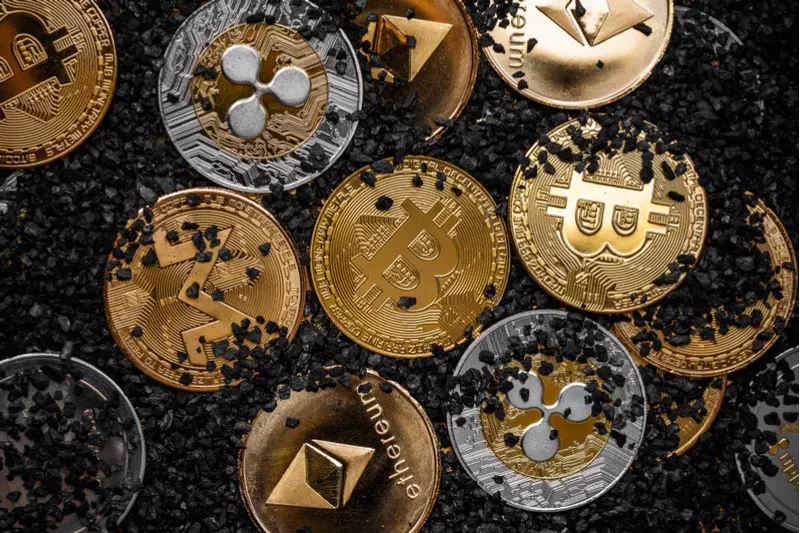Robert Kiyosaki, well-known for his influential book “Rich Dad Poor Dad,” has recently spoken out about the precarious state of the financial markets, particularly focusing on Bitcoin, government spending, and the role of the Federal Reserve. Kiyosaki’s skepticism toward the U.S. government has deep roots, citing excessive spending and lack of transparency as primary reasons for his distrust. His statement echoes a growing sentiment among investors who are increasingly wary of traditional financial institutions and the policies governing them.
In 1965, Kiyosaki noticed a shift in coin composition from silver to cheaper alloys, which he interprets as a harbinger of the deterioration of monetary value and integrity. This pivotal moment sparked a long-standing dissatisfaction with the government’s handling of currency, culminating in a belief that wealth preservation lies outside conventional fiat systems. His historical perspective, linking the abandonment of the gold standard by President Nixon to the erosion of trust in U.S. fiscal policy, resonates with individuals concerned about national debt and inflationary practices.
Kiyosaki argues that the current economic landscape is perilous, predicting an imminent financial crash he believes will eclipse previous downturns. His proposed antidotes to this looming crisis are tangible assets: gold, silver, and Bitcoin. Through his assertions, he underscores the potential for these commodities to act as safe havens, especially in an environment where traditional currencies appear increasingly volatile. By emphasizing Bitcoin alongside precious metals, Kiyosaki aligns himself with a burgeoning segment of investors who advocate for digital currencies as a legitimate store of value.
Notably, Kiyosaki’s recent predictions about Bitcoin’s trajectory reflect a bullish outlook on cryptocurrency. He speculates that Bitcoin could surge to an astonishing $350,000, buoyed by speculated support from a progressive U.S. government aiming to establish a Strategic Bitcoin Reserve. This forward-thinking approach marks a significant pivot in the mainstream discourse around cryptocurrency, suggesting that government endorsement can play a key role in legitimizing and stabilizing digital assets.
Recent trends in the cryptocurrency market illustrate its inherent volatility, as seen when Bitcoin mistakenly plummeted by 15% before rebounding slightly. Such fluctuations are part of the terrain for cryptocurrency investors and warrant strategic considerations. Kiyosaki’s advice to accumulate Bitcoin incrementally, via smaller transactions known as Satoshis, serves as a pragmatic approach for those wary of the speculative nature of single large investments. As markets adjust to shifting fiscal policies from the Federal Reserve, including potential interest rate adjustments, investors are advised to remain vigilant and adaptable in their strategies.
Kiyosaki’s insights present a compelling narrative amidst a rapidly changing financial landscape. As traditional monetary practices are scrutinized and alternative assets gain traction, Kiyosaki champions a diversified approach to wealth preservation through investment in gold, silver, and Bitcoin. His warnings and predictions demand attention, prompting a reassessment of how individuals may navigate their financial futures in unpredictable economic times.

